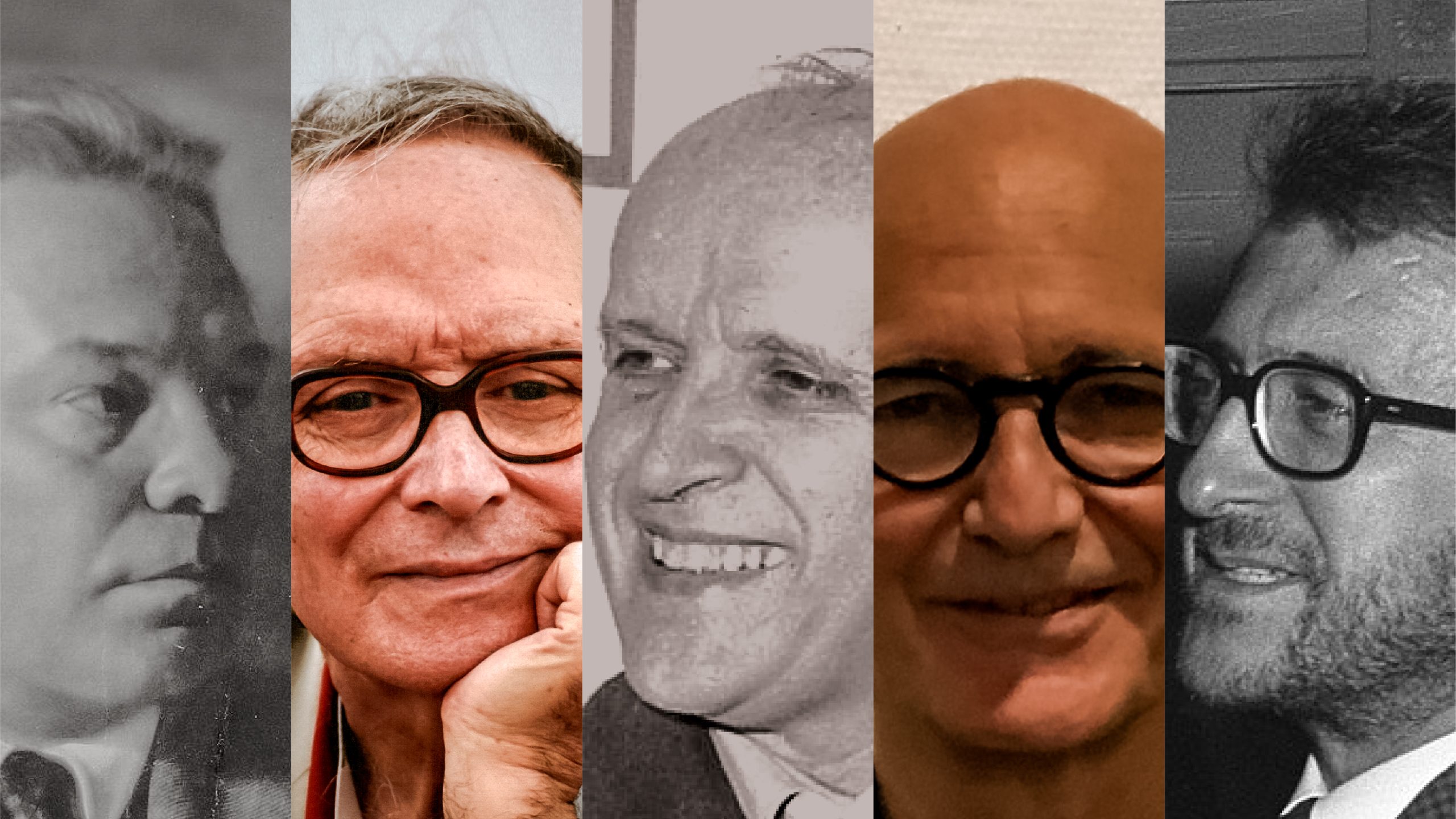From the rousing concerti of Vivaldi to the stirring beauty of Puccini's arias, Italy's musical influence and endowment has spanned centuries and proven beyond compare. In the final installment of our Great Italian Composers series, we wrap up a 500-year journey with a look at some modern and contemporary masters.
(And in case you missed them, here are Parts One and Two, spanning from the Renaissance to the Romantic! )
RESPIGHI (1879-1936)
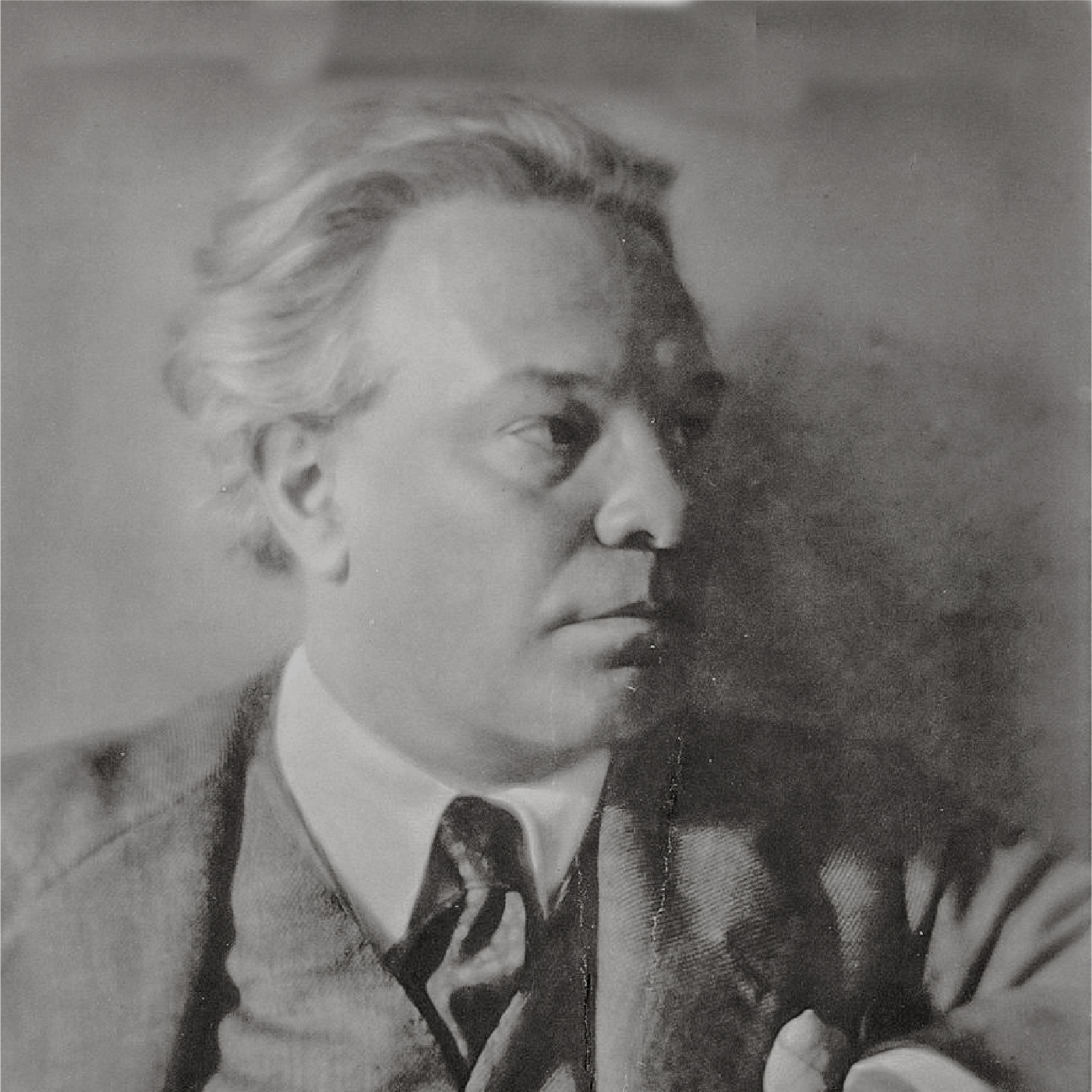
Born in Bologna, Ottorino Respighi was first introduced to music by his father, a piano and violin teacher, and began instruction at the Liceo Musicale in 1891. He would go on to study composition with Russian composer Nickolai Rimsky-Korsakov in St Petersburg, and upon returning to Italy, became a concert violinist. His experience in Russia and a later stint in Germany both influenced his work as a composer. Over the years, he would write operas and ballets and collaborate with greats such as conductor Arturo Toscanini and Russian art critic and producer Serge Diaghilev. But Respighi is best known for his works Fountains of Rome and Pines of Rome, which were written following his move to the capital. Both are classified as tone poems (or symphonic poems), pieces for orchestra that paint a picture or tell a story about a non-musical subject (such as nature or a book). Internationally famous, Respighi toured the world and in 1932 was awarded membership to the Reale Accademia d’Italia. He died in Rome of blood poisoning at the age of 56 and his remains were returned to Bologna the following year.
ROTA (1911-1979)
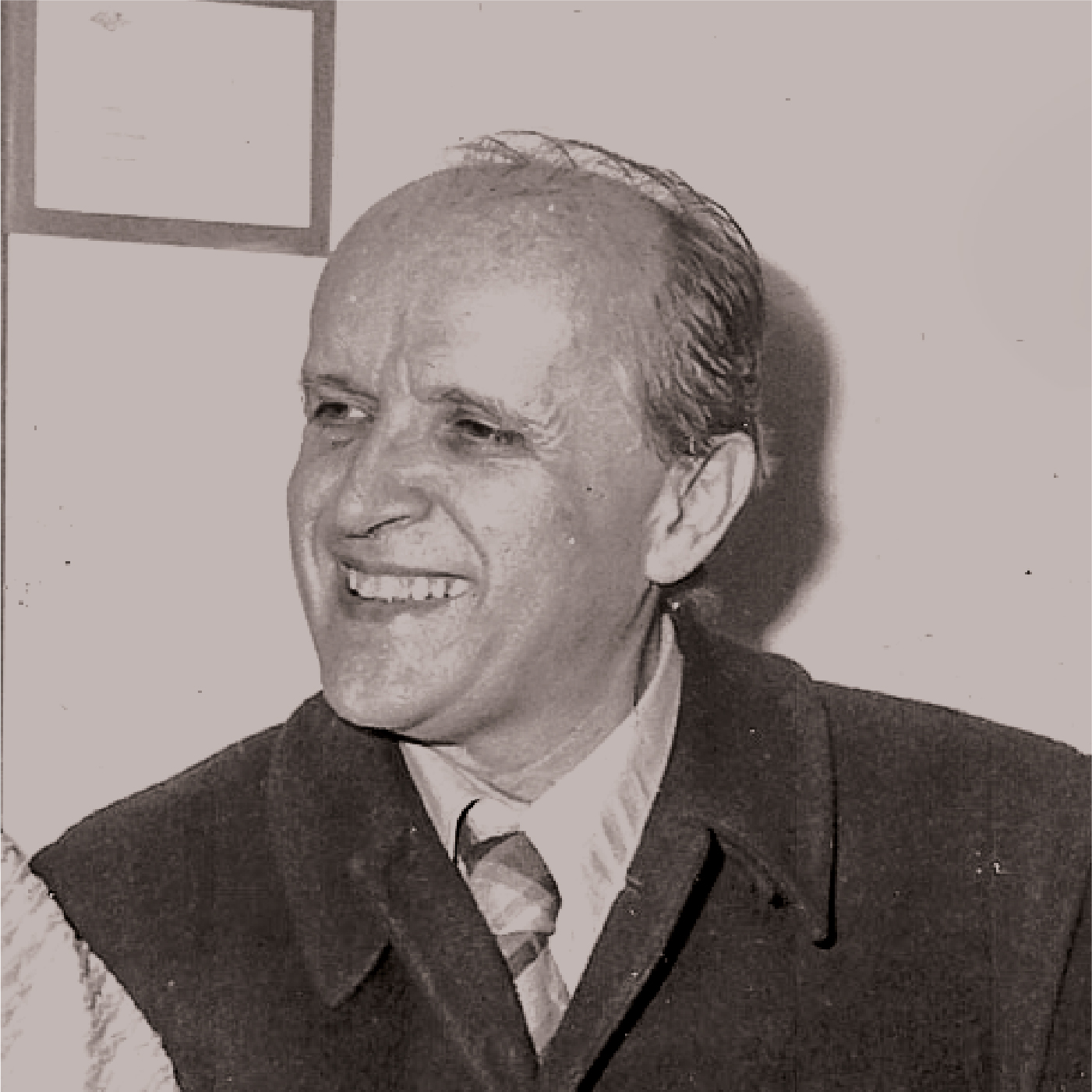
The music of Giovanni “Nino” Rota is some of the most recognizable film scoring of the 20th century…and among the most beloved by Italian Americans. Born in Milan, Rota displayed exceptional musical talent as a child and was composing entire vocal works by the age of 11. He moved to the US at 19 to study conducting and composing at the Curtis Institute of Philadelphia, returning to Italy two years later to begin a degree in literature. Following his graduation in 1937, Rota would secure a teaching position (and later a directorship) at the Liceo Musicale in Bari – one he would hold for life. But he is of course best known for his work in film. He began his “movie career” in the 1940s and the decade after saw him find his stride. Rota met Federico Fellini in 1952, when he wrote the score for The White Sheik and embarked on a lifelong friendship with the acclaimed director. Other collabs included La Strada, La Dolce Vita, and 8½, which in turn led to a partnership with Franco Zeffirelli. The score for Romeo and Juliet was written in 1967 and the iconic Love Theme, A Time for Us, was made ever more popular with the release of Henry Mancini’s arrangement two years later. His work on Coppola’s The Godfather franchise is, however, arguably his most famous and would finally earn him an Oscar in 1975. He died in Rome in 1979 at the age of 67, the result of coronary thrombosis.
BERIO (1925-2003)
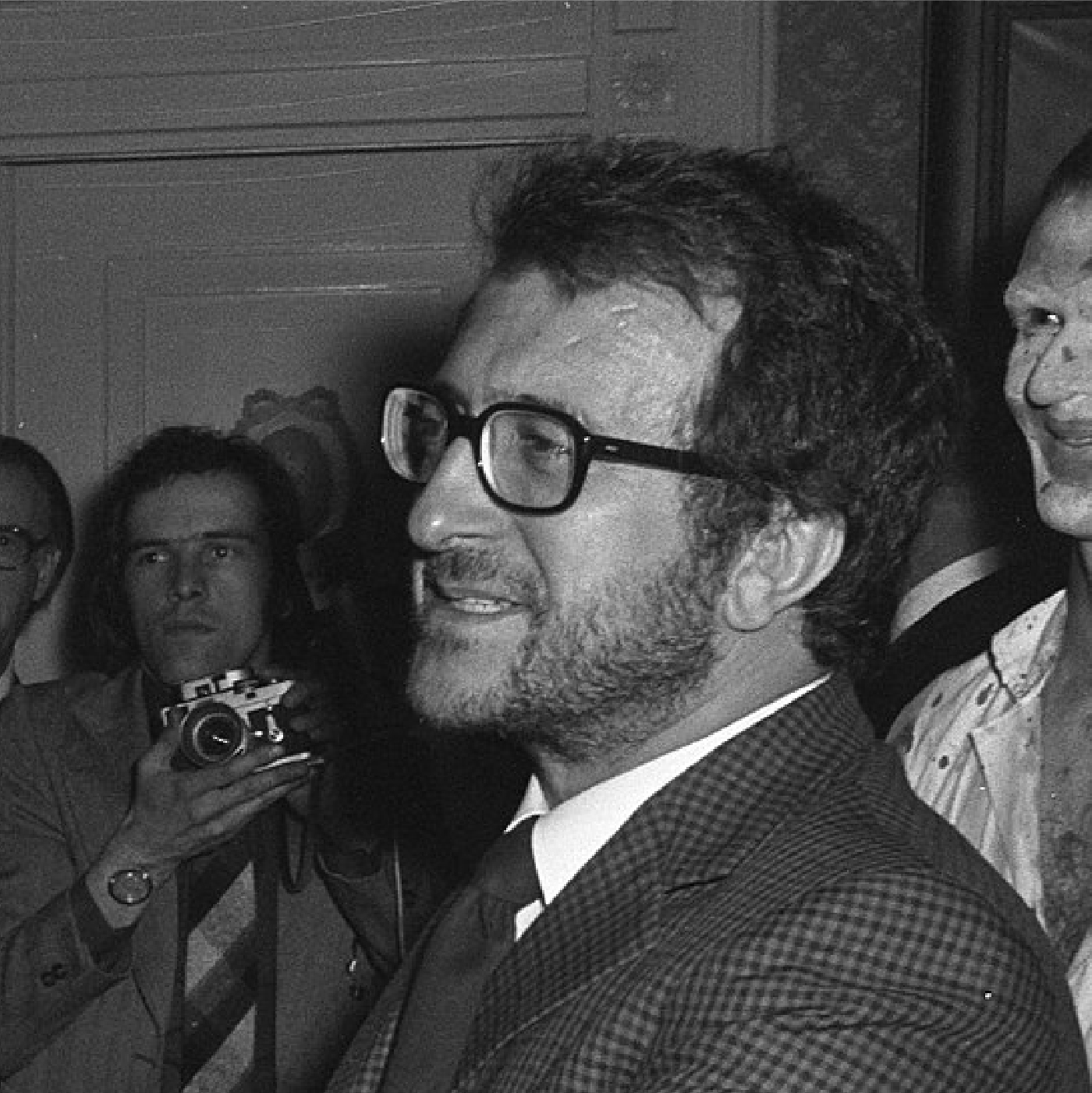
Luciano Berio was born in Oneglia in 1925, the son of an organist. Though he learned to play the instrument at an early age, a hand injury during World War II prevented him from pursuing a career as a musician and he instead began studying composition at the Milan Conservatory in 1947. He developed an interest in electronic music in the early ‘50s and founded Studio di Fonologia Musicale, a well-regarded European recording space that would attract notable names, in 1955. A lifelong teacher, Berio moved to the US in 1960 to work at renowned Tanglewood, a music center in Massachusetts, and later at a college in Oakland, California. Other tenures would include Julliard and Harvard. But he is best known for his compositions, which primarily incorporated voice, piano, orchestra, and the use of electronics and the tape recorder. Thus, he is often credited with building the bridge between traditional orchestral music and the computer-generated sounds of 20th century classical. He is also known for adapting the works of others, including Monteverdi, Brahms, and Mahler. Sinfonia and Sequenza comprise his most famous original works. Berio died in Rome in 2003 at the age of 77.
MORRICONE (1928-2020)
Born in 1928, Ennio Morricone was a trumpeter, pianist, conductor and one of the most prolific composers of all time, writing more than 500 varied pieces over the course of his life. His father (also a trumpeter) was his first teacher, but Morricone would attend Rome’s St Cecelia’s Conservatory from the age of 12. Although he began composing as a child and experimented in early adulthood with styles that included jazz and theater, in the 1950s, he embarked upon a career as an arranger for television and radio. It was his role within the world of film, however, that would truly set him on the path to success. In 1964, he and director Sergio Leone teamed up for the first of several movies that would firmly attach the name Morricone to the Spaghetti Western genre. A Fistful of Dollars (and its sequels), The Good, The Bad, and The Ugly, and Once Upon a Time in The West are just a few of the composer’s hit soundtracks, and the period was followed by broader Hollywood acclaim as he wrote scores for films such as The Mission, The Untouchables, and Cinema Paradiso. In 2016, Morricone took home his first Oscar for work on Tarantino’s The Hateful Eight. He died in 2020 at the age of 91.
EINAUDI (b. 1955)
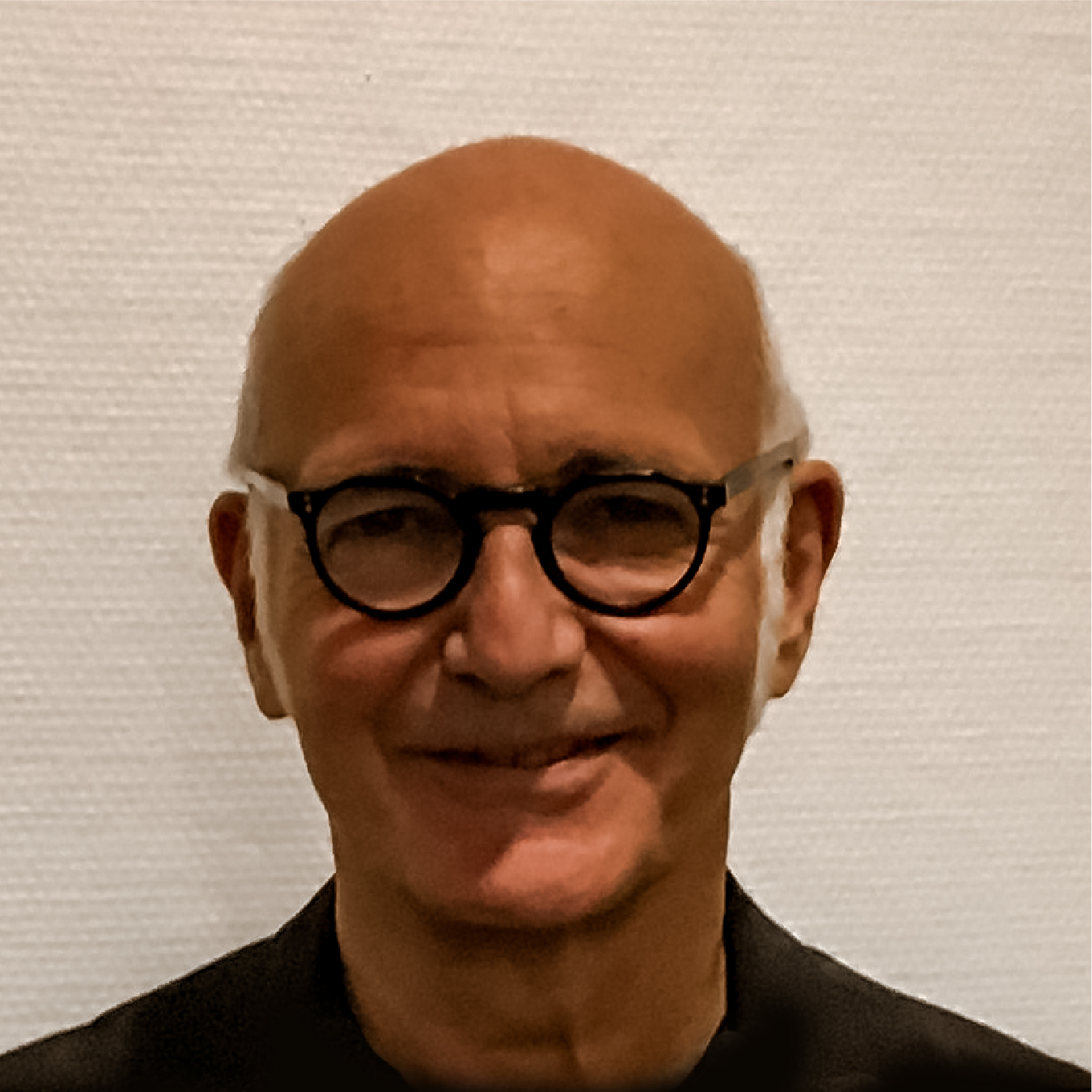
Ludovico Einauldi was born in Turin in 1955, the grandson of a former Italian president. His mother, herself a pianist, would introduce him to music at an early age, and he graduated with a degree in composition from Milan’s Conservatorio Verdi in 1982. Following its completion, Einauldi went on to study under Luciano Berio and walk a more traditional path focused on writing for ballet and theater. An experience at the Tanglewood Music Festival around the same time did, however, expose the young composer to minimalism, world music, and features of pop that would later define his work. He is best known for his solo piano compositions, the most famous of which – a collection titled Le Onde – debuted in 1996. Follow-up albums included Eden Roc (1999) and I Giorno (2001), inspired by his travels through Mali. Einaudi ventured into soundtracks in the mid-90s, writing for film and television alike, and has also dabbled in synthesized music. He often takes his cues from the world around him, as was the case with album Seven Days Walking, which was inspired by a winter in the Alps. Einaudi’s music may be best described as ambient, reflective, and new age.
Don't miss a single composer. Make sure to check out part one and part two of the series!


